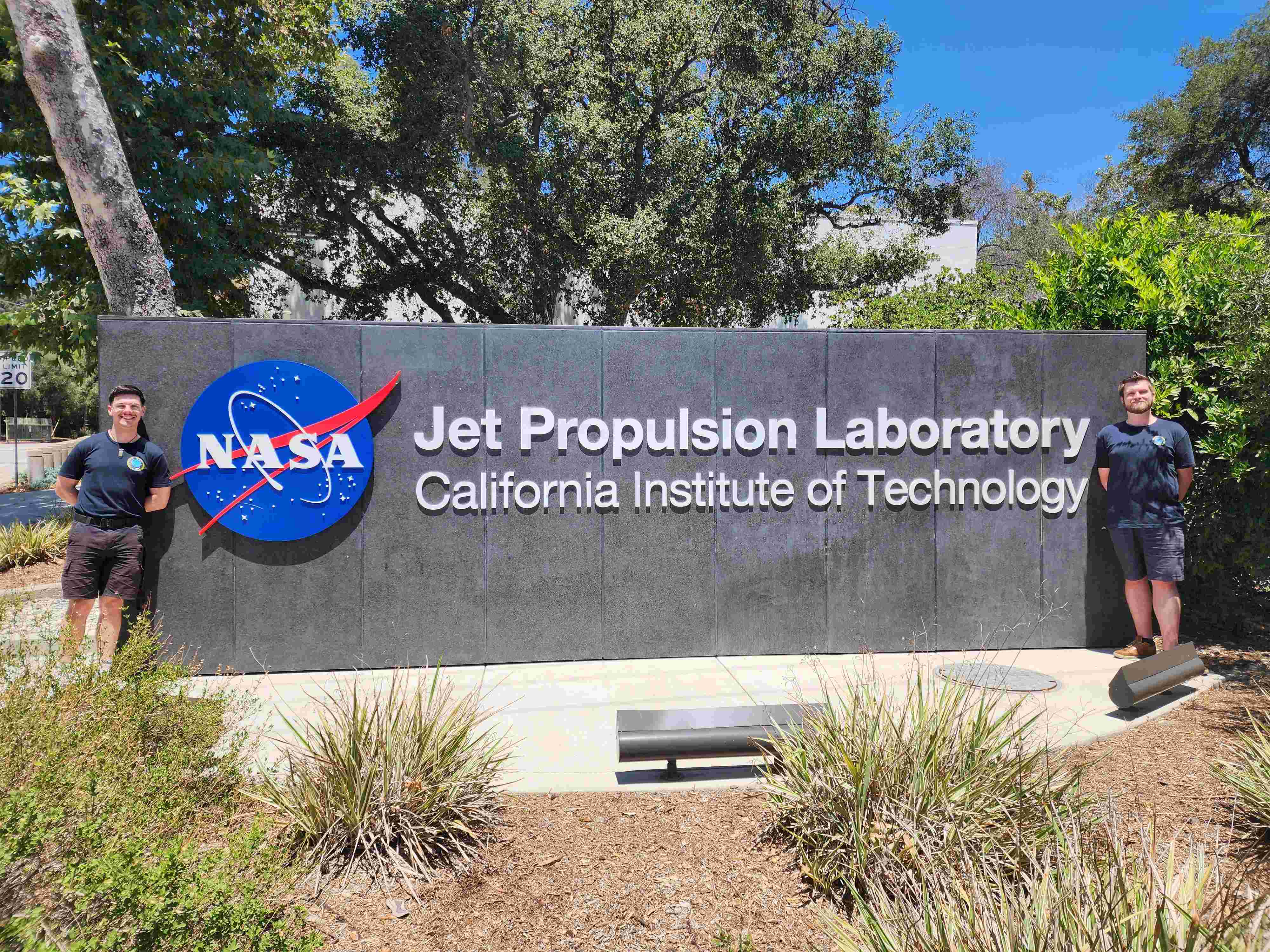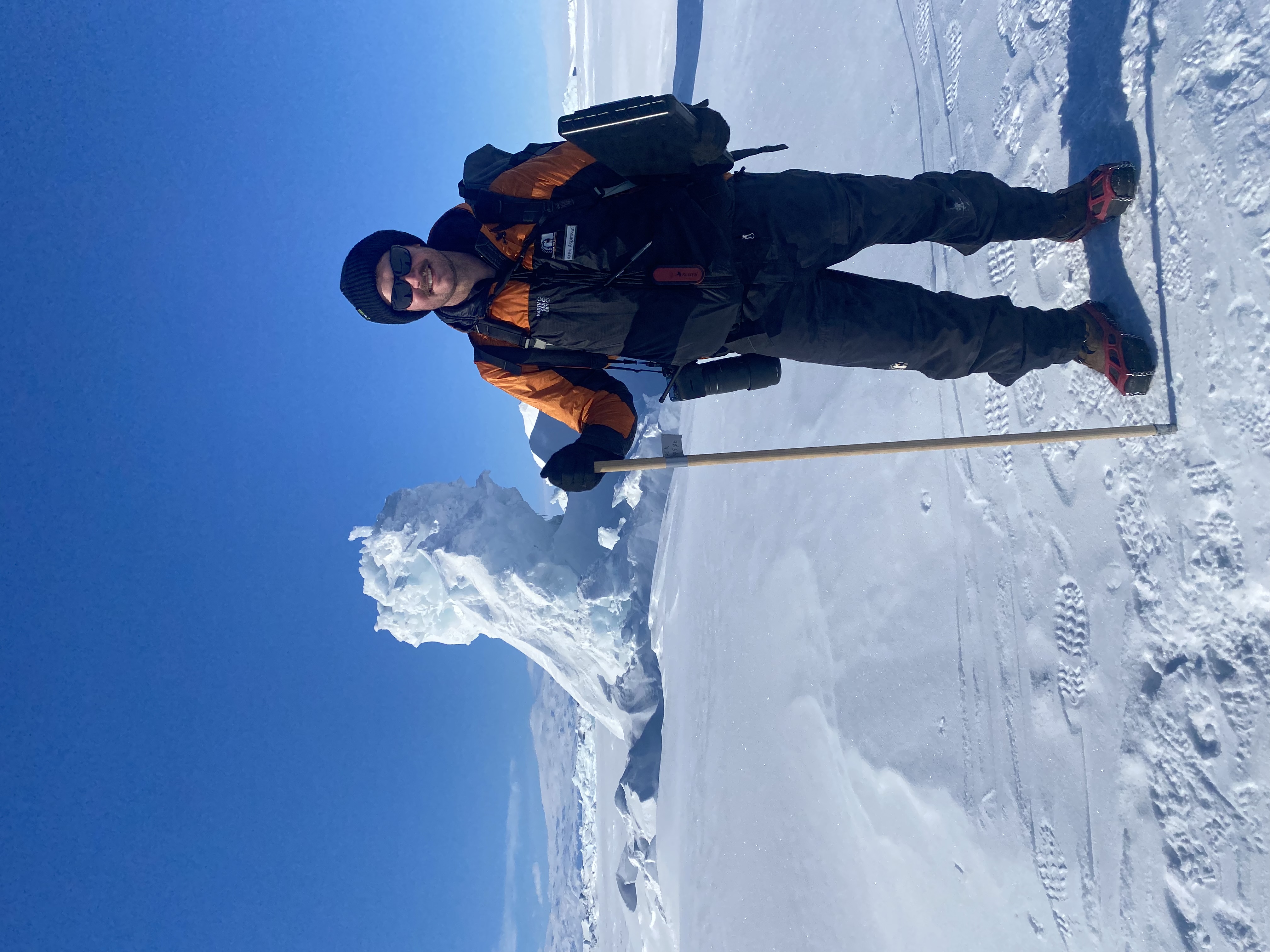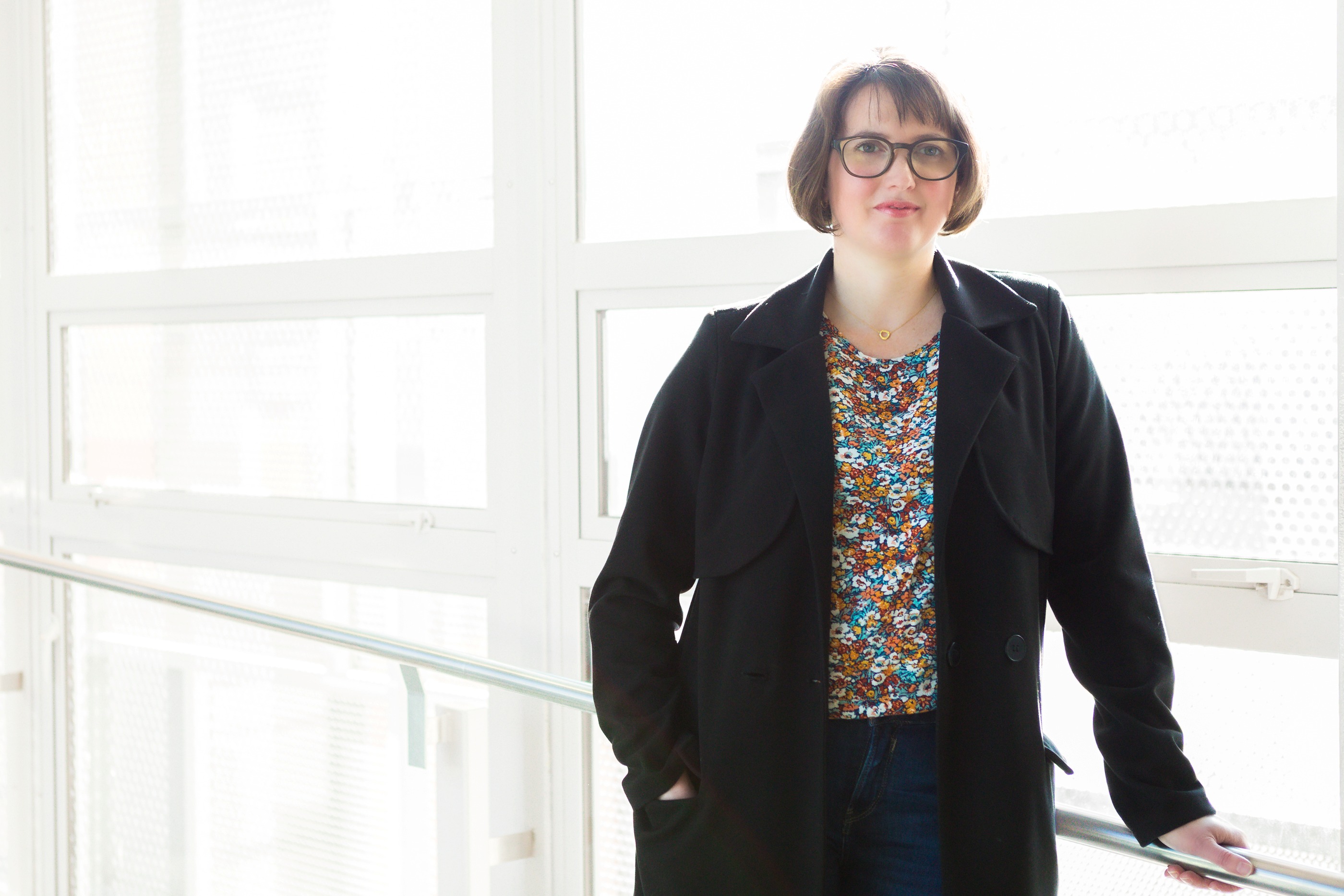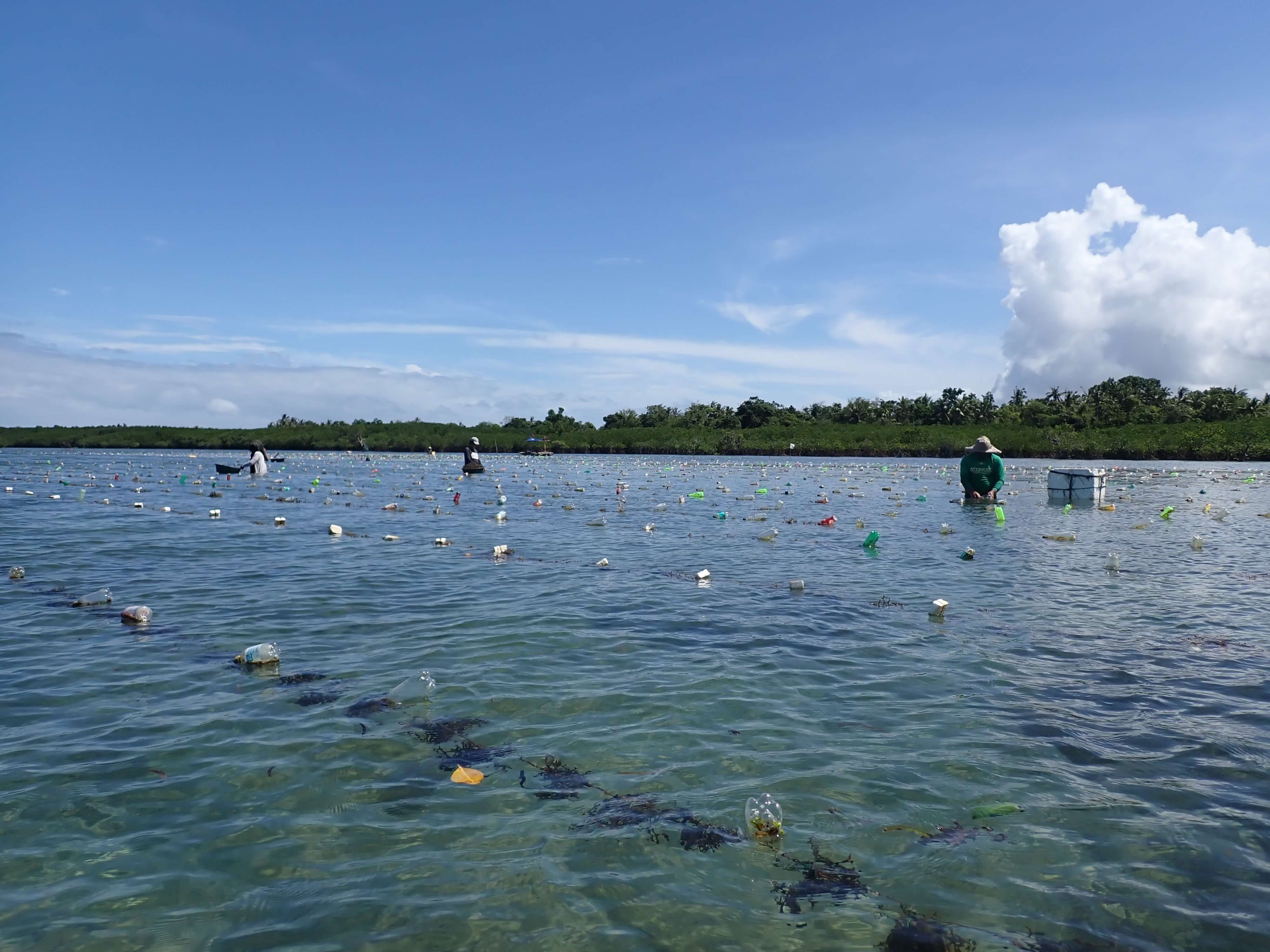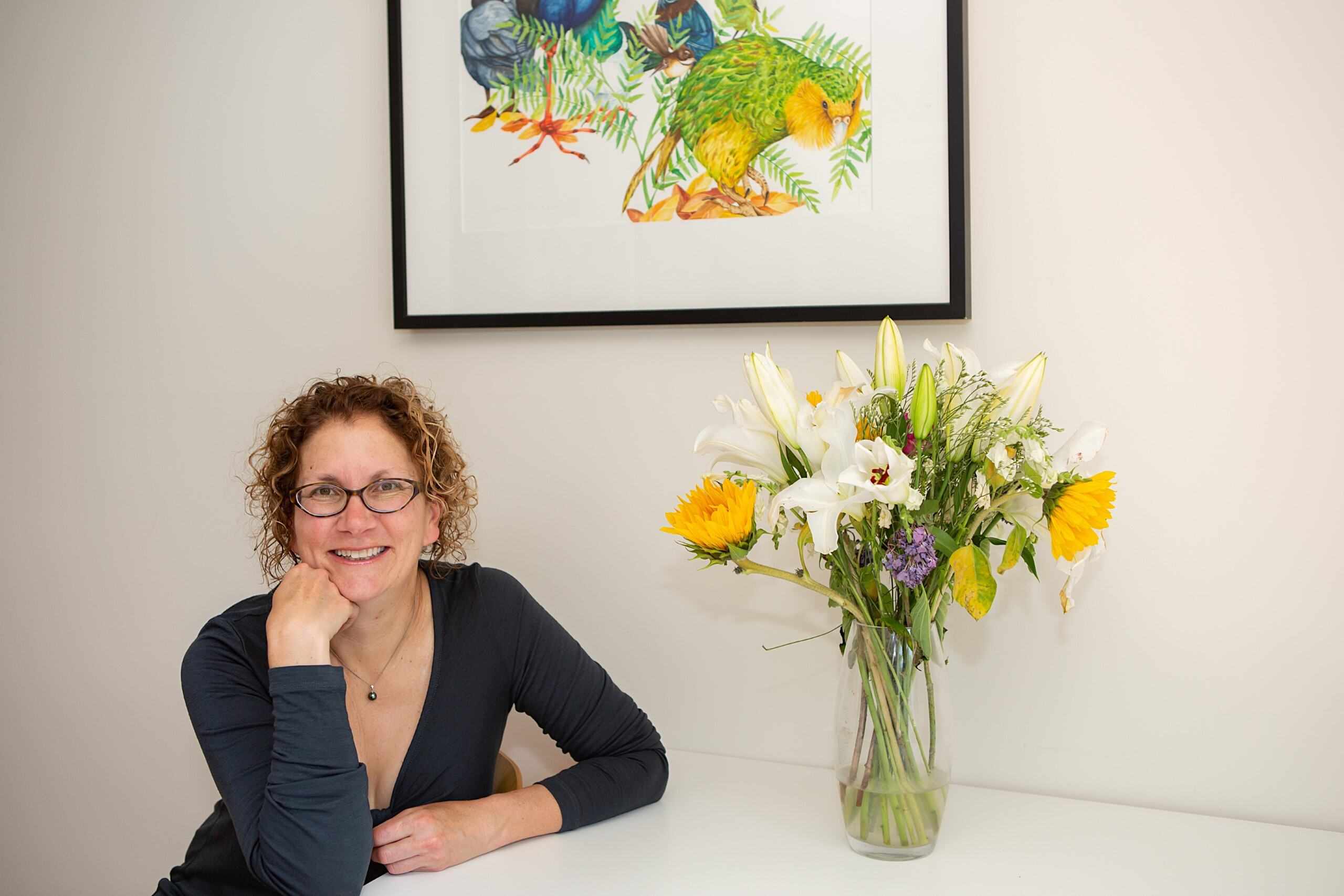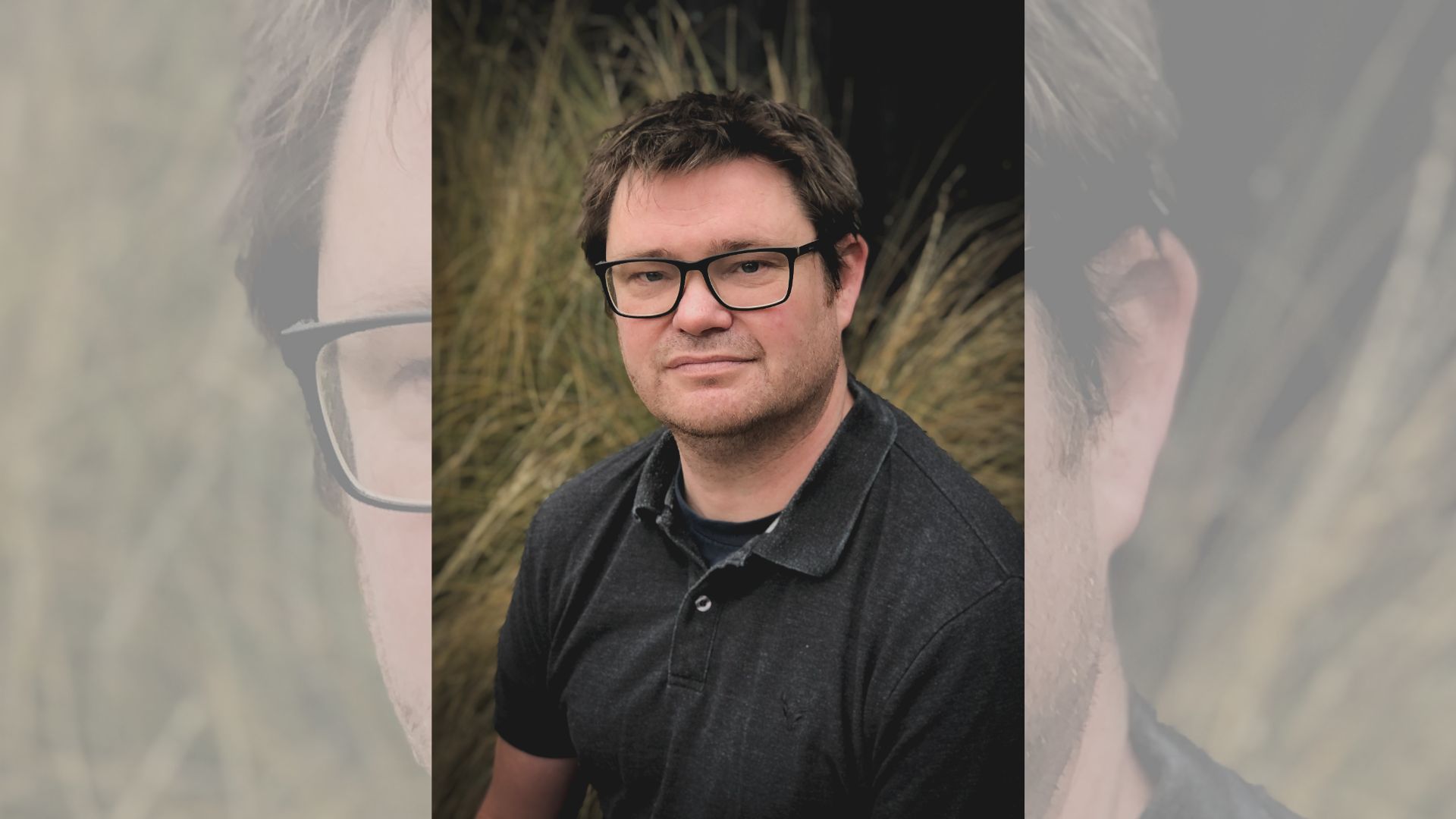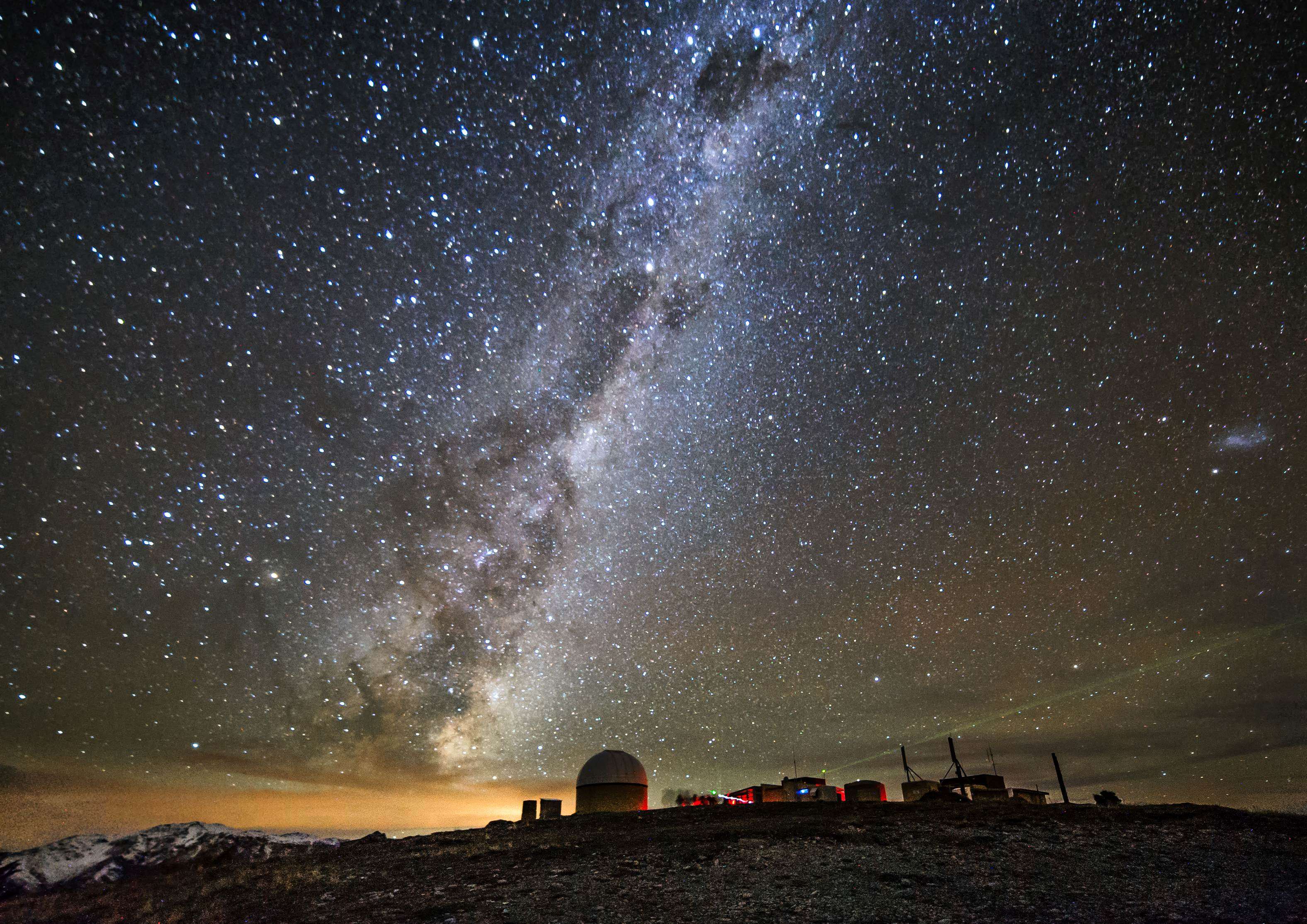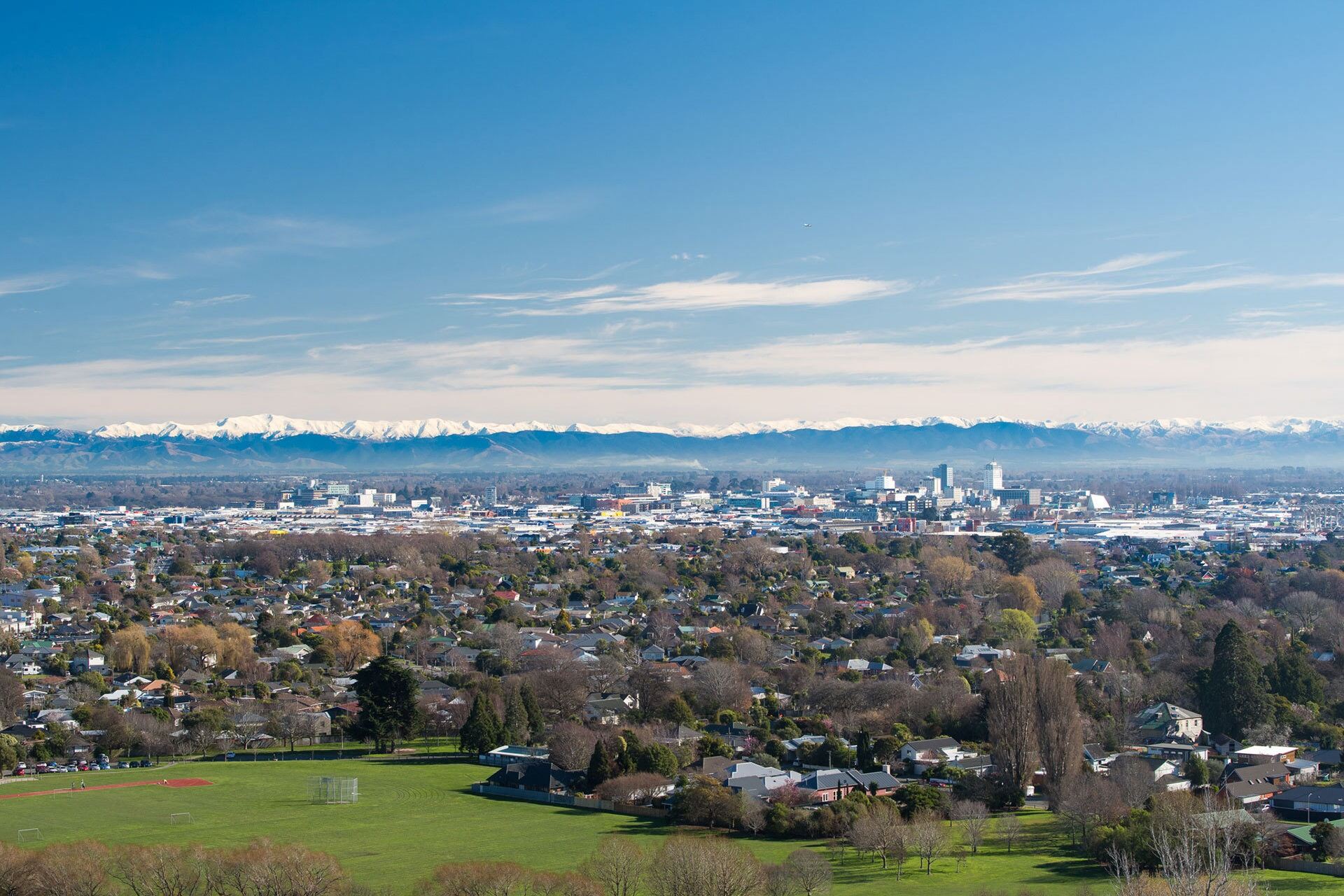Elliot Jones - University of Canterbury Young New Zealander of the Year Award finalist, 2023
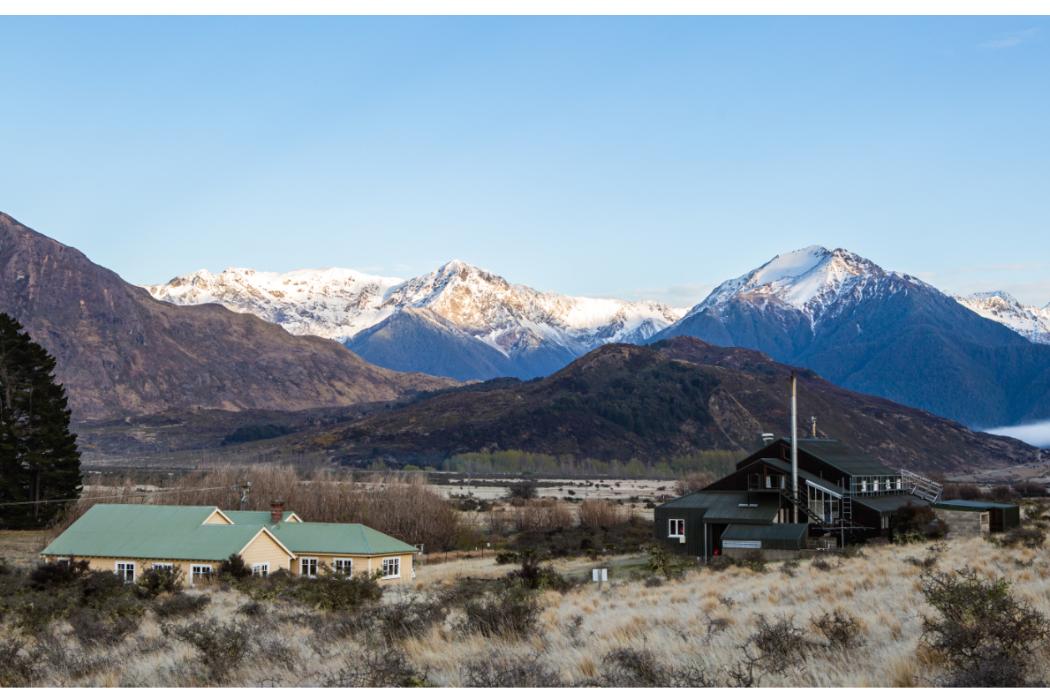 Cass Field Station. Photo: University of Canterbury
Cass Field Station. Photo: University of Canterbury
Recognising the benefits of timing, location and reduced travel, Antarctica New Zealand’s Antarctic Science Conference and the Snow and Ice Research Group (SIRG) workshop are uniting for the first time in 2021. This year’s combined event will be hosted in the University of Canterbury’s Students’ Association (UCSA) building, Haere-roa.
“Christchurch is one of only five official Antarctic gateway cities worldwide, so I’m thrilled we could have the conference here,” says Dr Michelle LaRue, a Senior Lecturer at Gateway Antarctica, UC’s Centre for Antarctic Studies and Research.
 Dr Michelle LaRue. Photo: Lucy Howell
Dr Michelle LaRue. Photo: Lucy Howell
“It’s been wonderful to work alongside the Antarctica New Zealand and SIRG teams to organise this year’s event, and host some of New Zealand’s best snow and ice researchers in one of the most beautiful buildings on the UC campus.”
Antarctica New Zealand Chief Scientific Advisor, Professor John Cottle, says it’s a week to celebrate the coolest scientists in the country.
“We didn’t get to catch up at Scott Base this year, but we are looking forward to hearing the latest research findings, and celebrating significant research milestones from the frozen continent.
“Despite a reduced 20/21 season due to COVID-19 our scientists continue to answer the most pressing questions about Antarctica’s role in the global earth system.
“There’s also a public event in the central city, Antarctica After Dark, which is aimed at inspiring and connecting Cantabrians to Antarctic science,” he says.
Doctoral candidate and rising star at Gateway Antarctica, Natasha Gardiner will host a transdisciplinary workshop dedicated to connecting Antarctic science and policy. She explains Antarctic research helps us understand environmental change both in New Zealand and around the world.
“Gaining a deeper understanding of how Antarctic research informs policy at local, national and international levels, from the perspectives of the diverse actors involved, is critical and will enhance the development of new and improved ways to facilitate Antarctic science-policy interactions in the future.”
UC Senior Lecturer and Glaciologist, Dr Heather Purdie is an organiser of 2021 SIRG workshop, now in its 18th year. She says the benefits of a combined event were obvious.
“The speed at which we are losing snow and ice from our mountain landscape is unprecedented and alarming. In New Zealand, snow and ice has an important role in maintaining water resources, fuelling hydro-electricity generation, and supporting alpine recreation and tourism.”
“This week, the New Zealand snow and ice community are coming together to share research and discuss the future of long-term snow and ice monitoring. It is always exciting to reconnect with people and learn about new projects.”
While SIRG attendees would normally assemble in one of New Zealand’s many field stations for their annual workshop, they won’t miss out on a taste of the wild Canterbury plains, with Dr Purdie and Professor Jamie Shulmeister, head of UC’s School of Earth and Environment, leading their guests on a one-day field excursion of their ‘back-yard’, UC’s Cass Field Station, later in the week.

